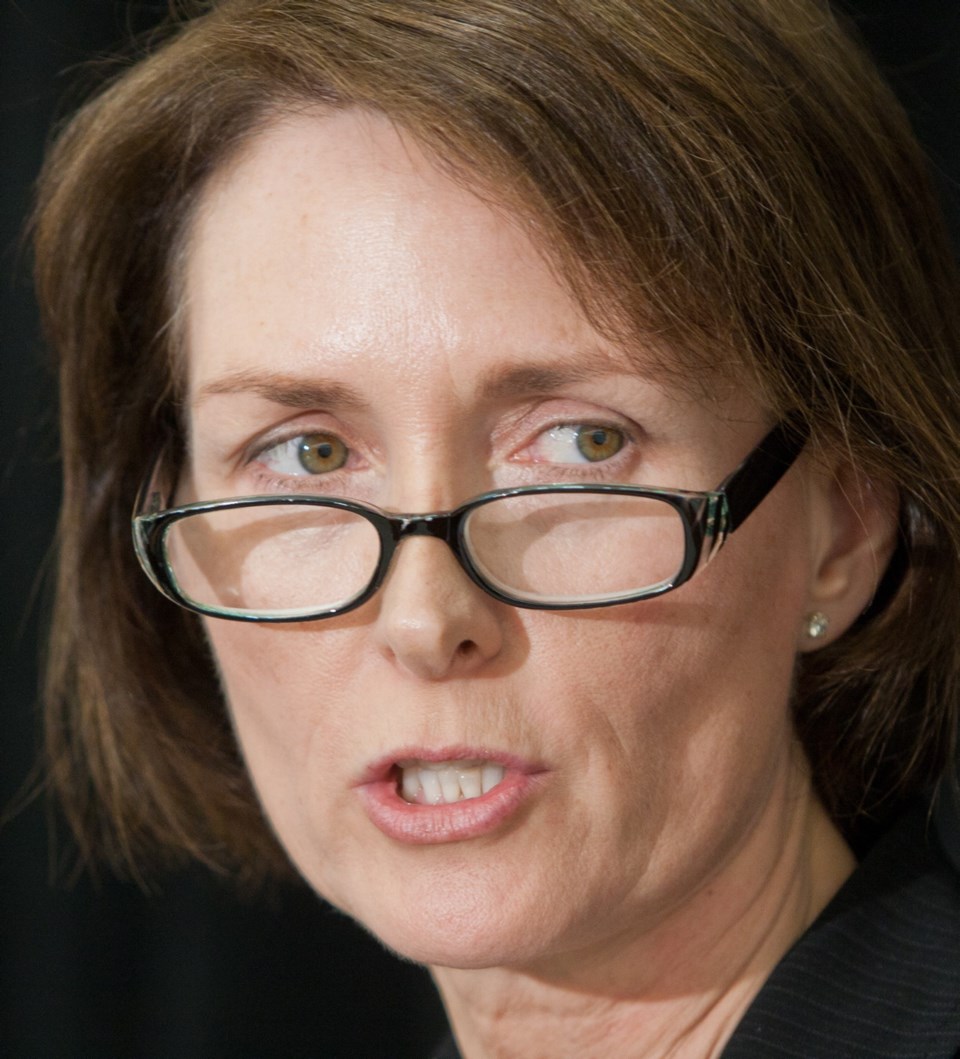A vulnerable aboriginal girl was left at risk because social workers were afraid to visit a First Nations reserve where they had been previously threatened with a knife and a gun, a new report shows.
B.C.’s representative for children and youth, Mary Ellen Turpel-Lafond, said the social workers effectively turned the reserve into a “no-go zone” that prevented them from protecting children in dangerous situations. The 14-year-old girl lived with a sometimes-violent mentally ill mother, suffered physical and emotional abuse, and was likely sexually assaulted by at least two people in her community before taking her own life in 2011, the report said.
The Ministry of Children and Family Development “should never have accepted this situation,” Turpel-Lafond said. “They needed to step up and act and enforce [the law].
“They effectively drove to the edge of the reserve, pulled a U-turn and left the child protection complaints without investigation or followup because they were not wanted, they feared retaliation and violence and they felt they could not do their job.”
Turpel-Lafond acknowledged that social workers’ fears were valid.
“As one of the workers told our investigators, ‘I’ve been in situations where I’ve had a hunting knife pulled on me. I’ve had a gun pointed at me.’ ”
Turpel-Lafond said that while she has sympathy for the difficult nature of the work, “you still don’t get to turn around and say, ‘Not today.’ You have to get in there and do the job. Involve the RCMP. Involve others to mediate your way in. But get in there and investigate.”
Turpel-Lafond did not identify the reserve in order to protect the privacy of the girl’s family. But she said there are other reserves that also block or limit the efforts of child- protection workers. She called on First Nations leaders to obey the law.
“I expect and I believe and I hope that every single leader of the 203 First Nations in British Columbia will accept that what happened here was wrong, that they do not say to child welfare, ‘If you come on this reserve you will be shot.’
“That can’t happen.”
Children’s Minister Stephanie Cadieux said ministry policy prohibits social workers from ignoring child-protection complaints.
“No-go zones are not allowed,” she said.
“If a social worker requires support of police to gain access on reserve, then that is expected to be requested and delivered upon,” she said.
Cadieux added that if Turpel-Lafond is aware of other situations, the ministry needs to hear about them, “because it is not policy and it is not OK.”
Chief Doug Kelly of the First Nations Health Council said both sides need to work together to resolve the issue.
“I understand that some chiefs and councils do not want ministry social workers or other social workers coming into their communities,” he said. “In large part, that’s because in the not-too-distant past, those social workers came in to remove children and those children never came back.
“There needs to be a balance between providing the protection for the children that are at risk, but also keeping the family together … I think we’ll get there.”
NDP critic Carole James said Turpel-Lafond’s report shows the ministry has ignored its basic responsibilities.
“How do you ensure kids are safe? You make sure that people can go and check on complaints and concerns. And if that requires a protocol … then you put that protocol in place.”



